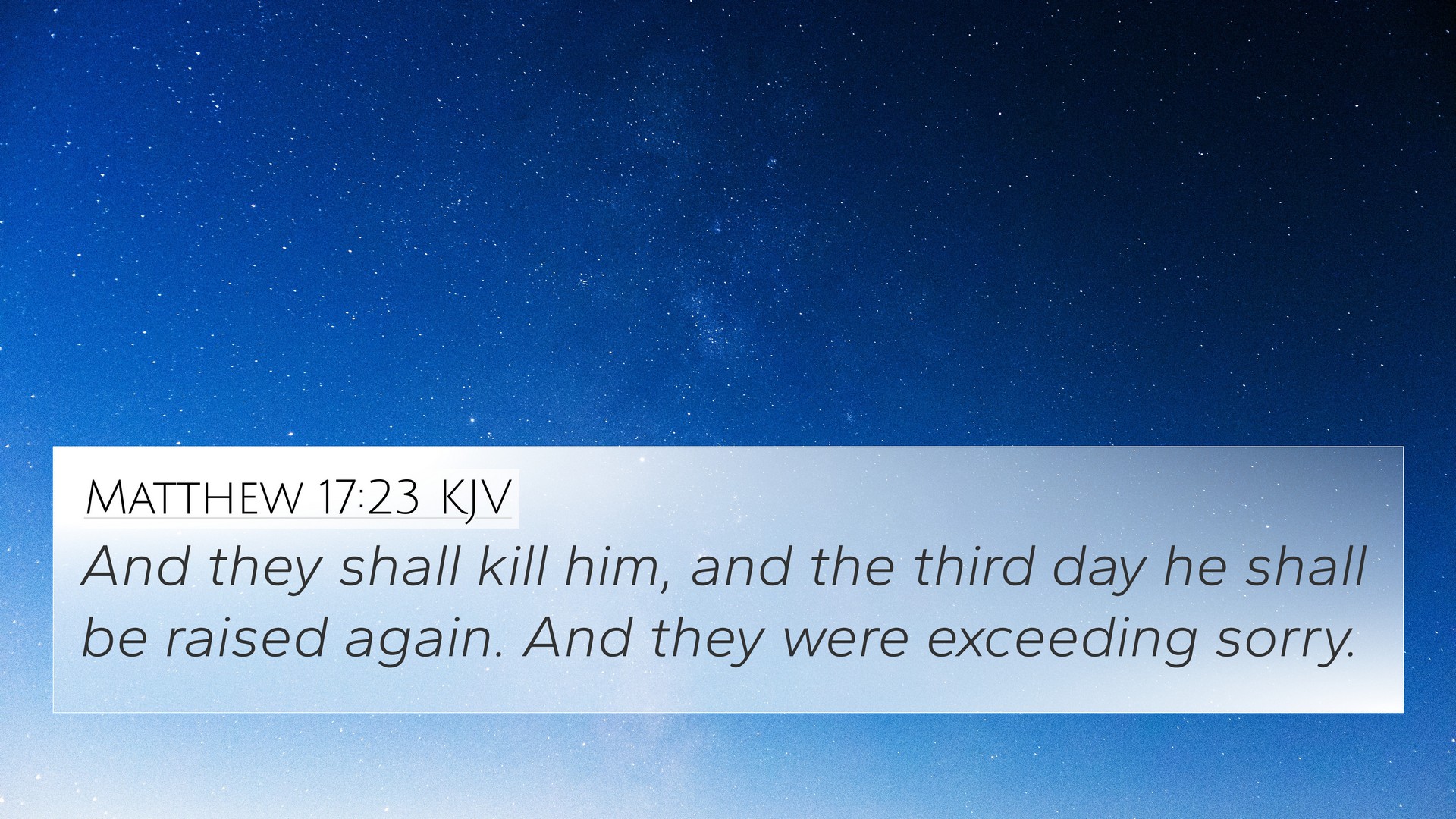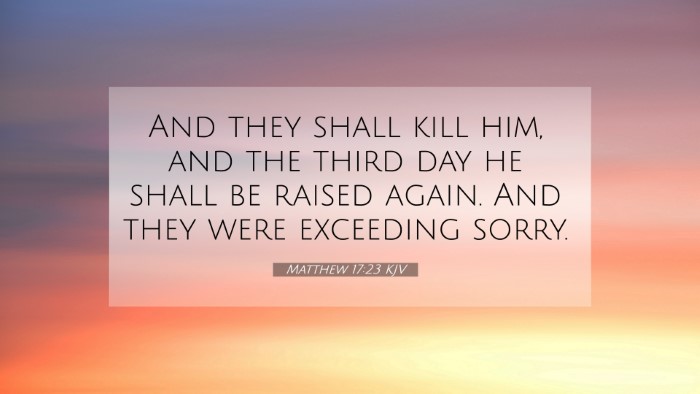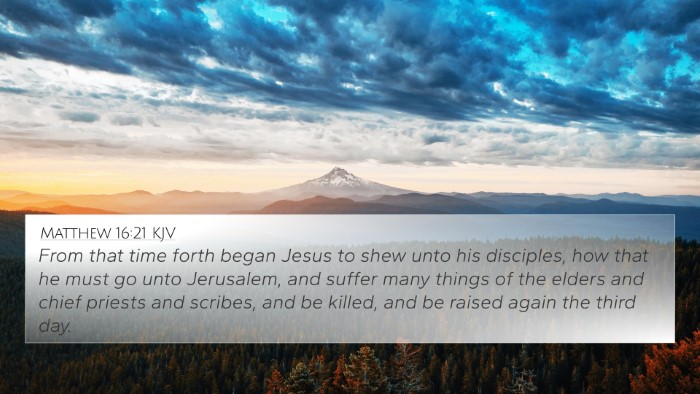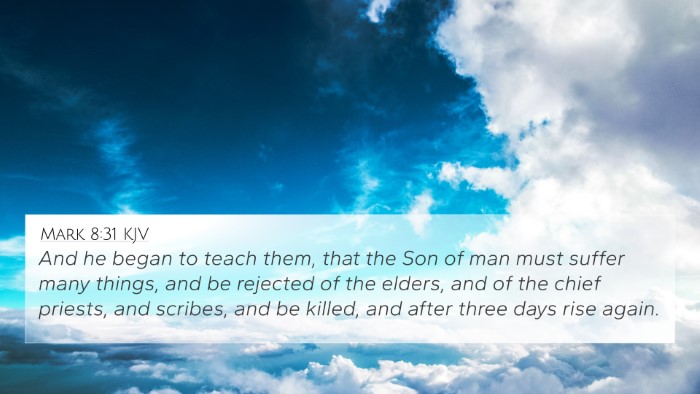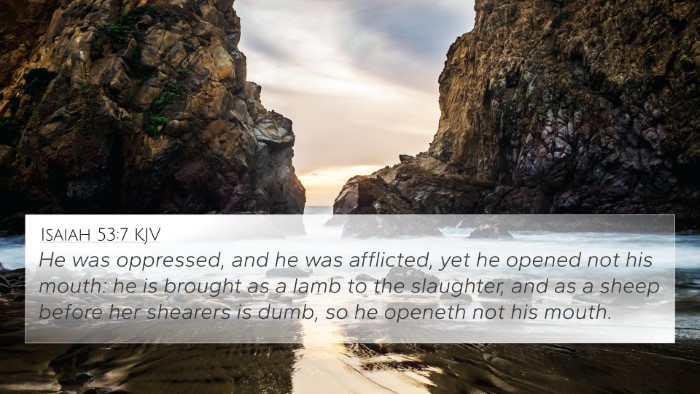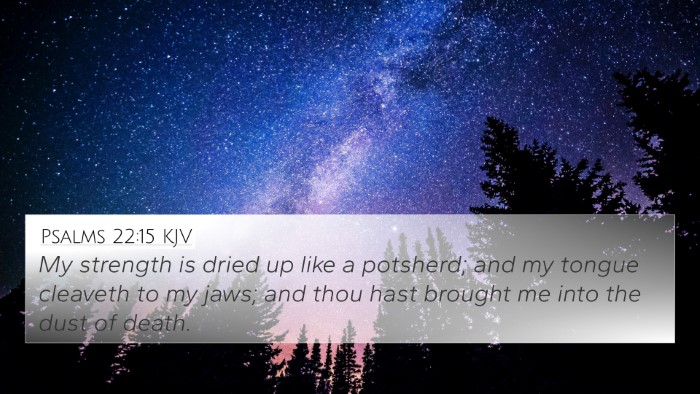Understanding Matthew 17:23
Bible Verse: Matthew 17:23 - "And they shall kill him, and the third day he shall be raised again. And they were exceeding sorry."
Meaning and Interpretation
Matthew 17:23 captures a crucial moment in the Gospel narrative where Jesus predicts his suffering, death, and resurrection, fulfilling the prophetic scriptures and establishing a core Christian belief.
Insights from Commentaries
This verse is understood through the lens of various biblical commentaries that provide profound insights. Here’s a synthesis of interpretations:
-
Matthew Henry: He emphasizes the importance of Jesus' prophecy about His resurrection, noting that it signifies both hope for believers and the inevitable betrayal by His own. Henry points out that the disciples' sorrow is indicative of their struggle to comprehend the necessity of Jesus' death for salvation.
-
Albert Barnes: Barnes regards this verse as a confirmation of Jesus’ messianic identity. He explains that the phrase “the third day” establishes a timeline that elaborates on the significance of resurrection, highlighting its foundational role in Christian doctrine. Barnes underlines the emotional turmoil faced by the disciples, as they were grappling with the dichotomy of Jesus’ glory and impending suffering.
-
Adam Clarke: Clarke provides additional context by discussing the cultural and theological implications of Jesus’ statement. He interprets "they shall kill him" as a foreshadowing of the sacrificial nature of Christ’s mission. Clarke also notes that the disciples' sorrow is poignant, signifying their deep emotional investment in Jesus, yet it foreshadows the joy that will come through the resurrection.
Thematic Connections
This verse fits within a larger framework of biblical themes, particularly concerning suffering, death, and resurrection. Below are some general thematic connections:
- Suffering and Redemption
- Prophecy and Fulfillment
- Death and Resurrection
Related Bible Cross-References
To fully appreciate the depth of Matthew 17:23, it is beneficial to explore the following cross-references:
- Isaiah 53:5-6: Prophetic description of the suffering servant, which foreshadows Jesus' atoning death.
- Mark 9:31: A parallel account of Jesus’ prediction of His death and resurrection.
- Luke 9:22: Similar declaration emphasizing the necessity of His suffering.
- Romans 6:9-10: The theological implication of Christ’s resurrection bringing justification to believers.
- 1 Corinthians 15:4: Paul confirms the resurrection as a foundational tenet of the Christian faith.
- Matthew 20:19: A further elaboration of Jesus' predictions regarding His suffering and resurrection.
- Acts 2:31: Peter’s sermon where he references the resurrection of Jesus, affirming its occurrence.
- Philippians 3:10: The importance of knowing Christ and the power of His resurrection.
- Hebrews 2:9: Understanding Jesus' death and His triumphant victory over death.
- Revelation 1:18: Jesus declares Himself as the living one who was dead and is alive forevermore, tying the narrative back to Matthew 17:23.
Tools for Bible Cross-Referencing
Utilizing scripture cross-referencing tools can enhance your study:
- Bible concordance for word and verse connections.
- Cross-reference Bible studies for thematic explorations.
- Understanding how to effectively use Bible cross-references to deepen comprehension.
- Comprehensive reference materials for exploring scriptural themes.
Concluding Thoughts
Matthew 17:23 stands as a pivotal verse that encapsulates the essence of the Christian faith—the death and resurrection of Christ. Understanding this verse through the insights of established commentaries, thematic parallels, and comprehensive cross-references significantly enriches the believer’s grasp of Scripture and the profound implications of Jesus’ mission on Earth.
